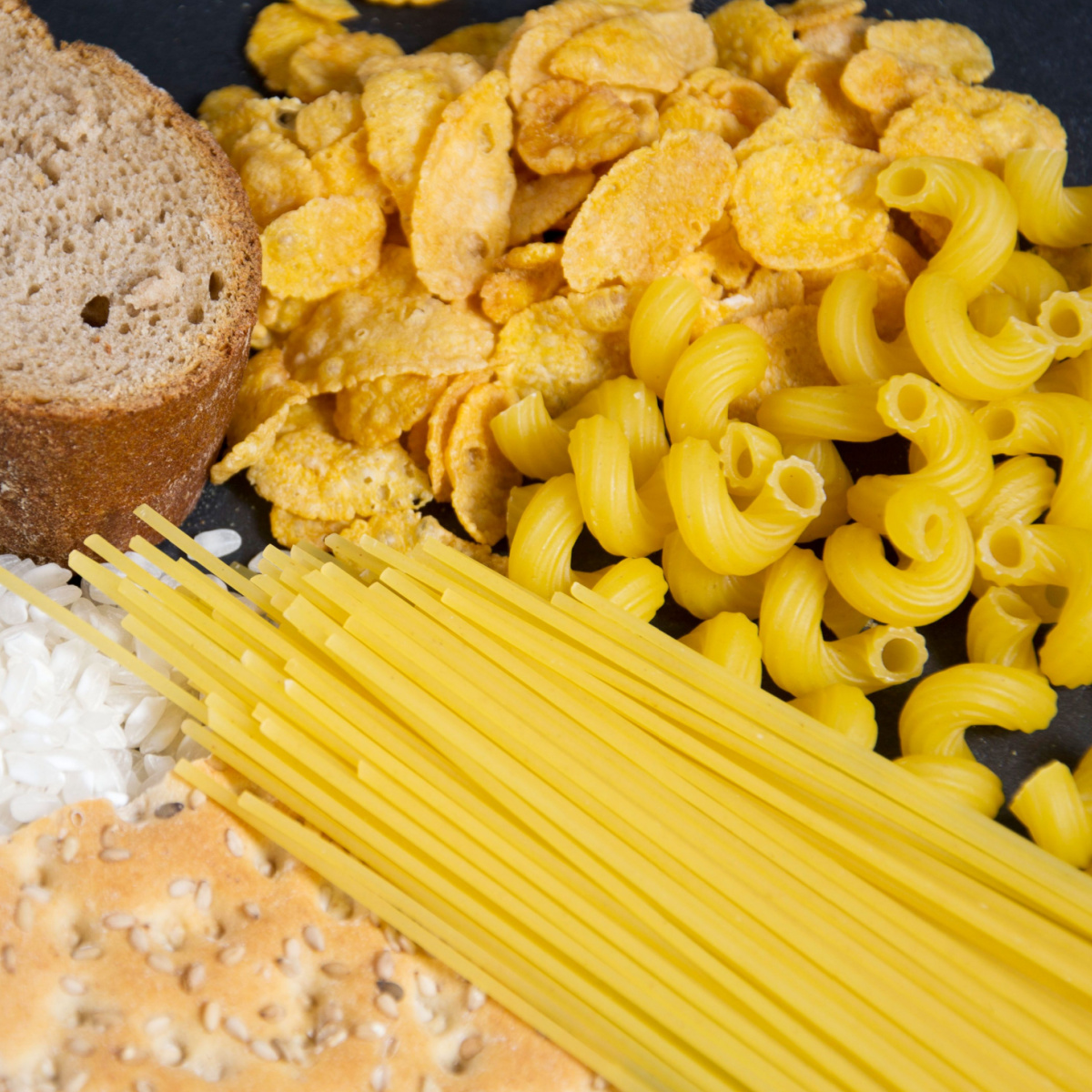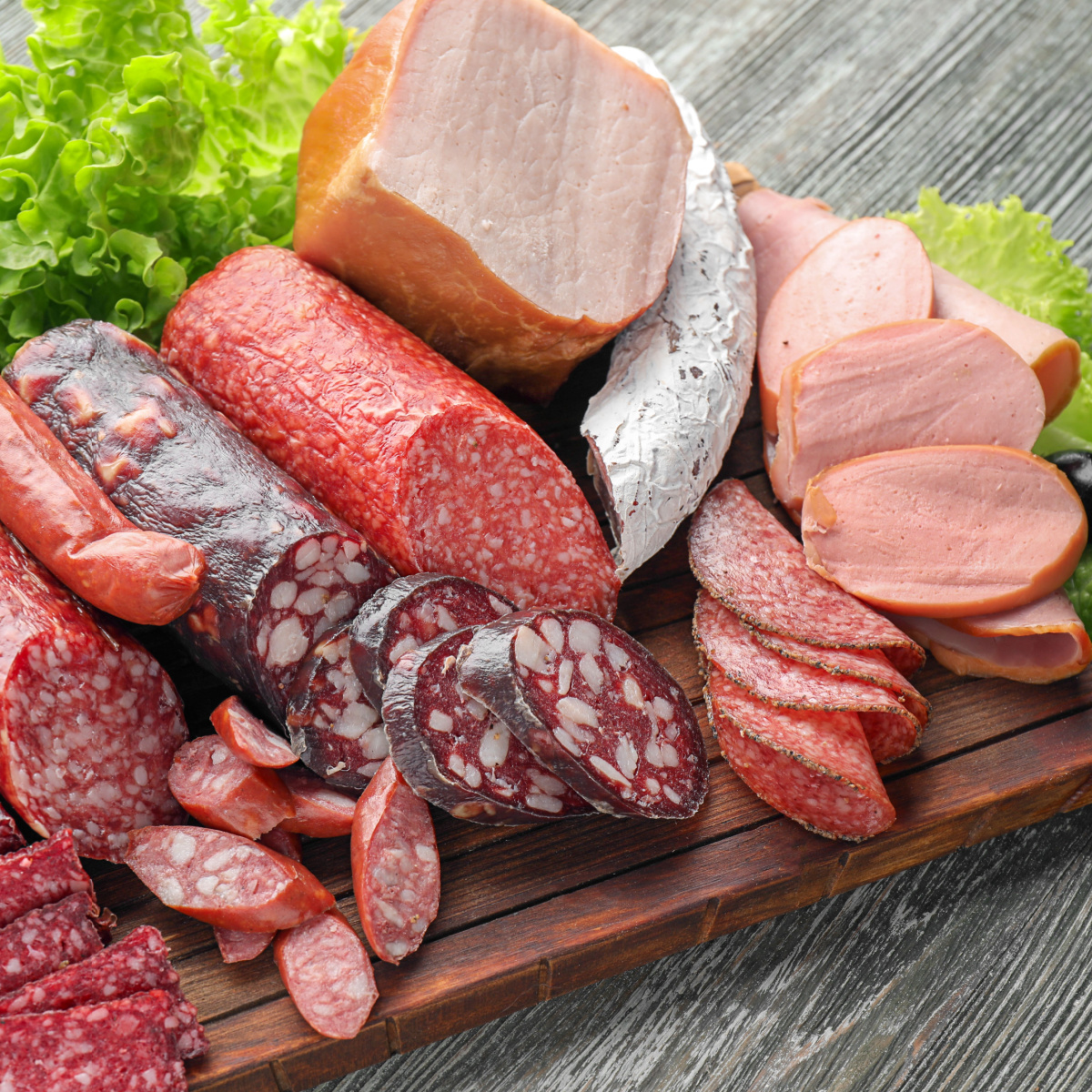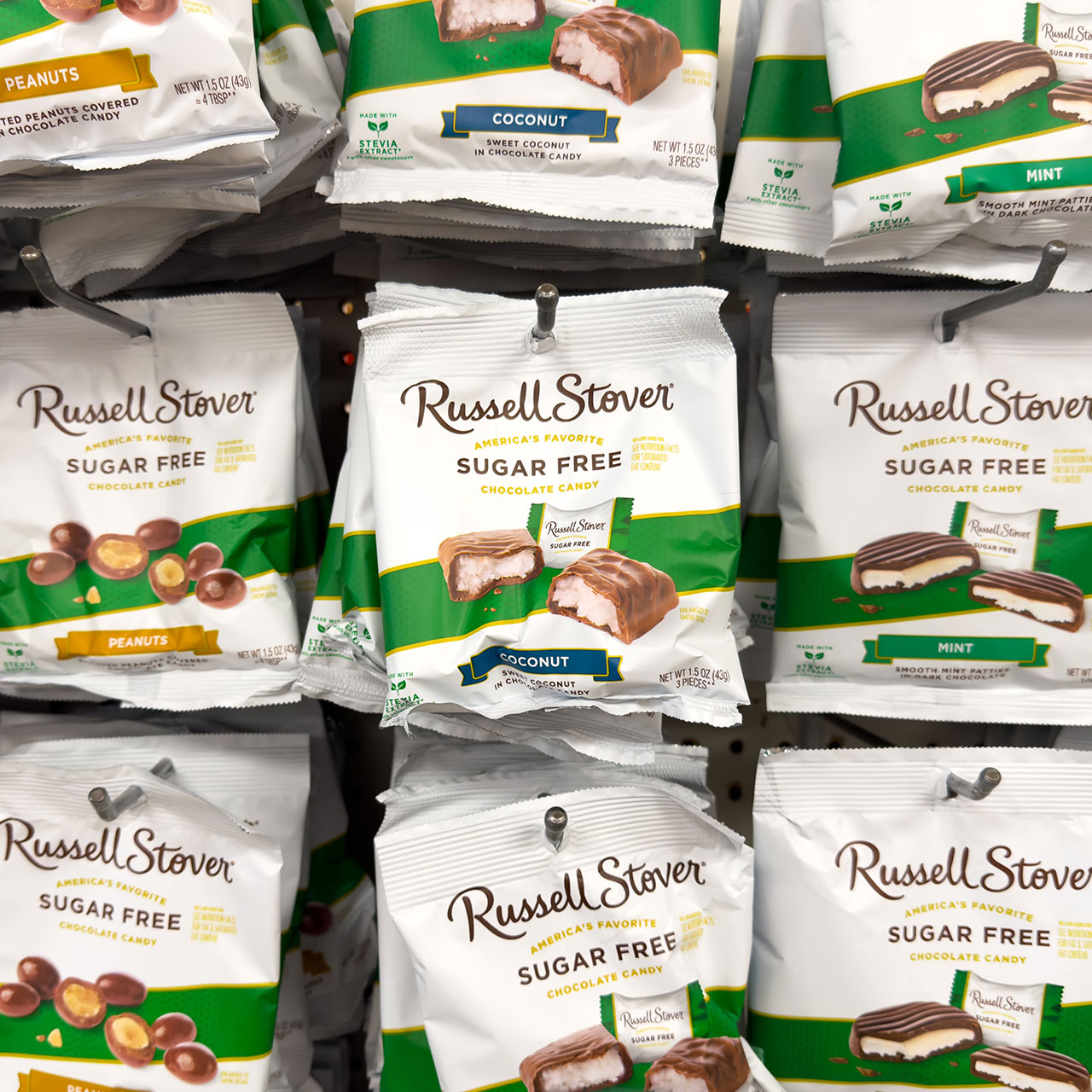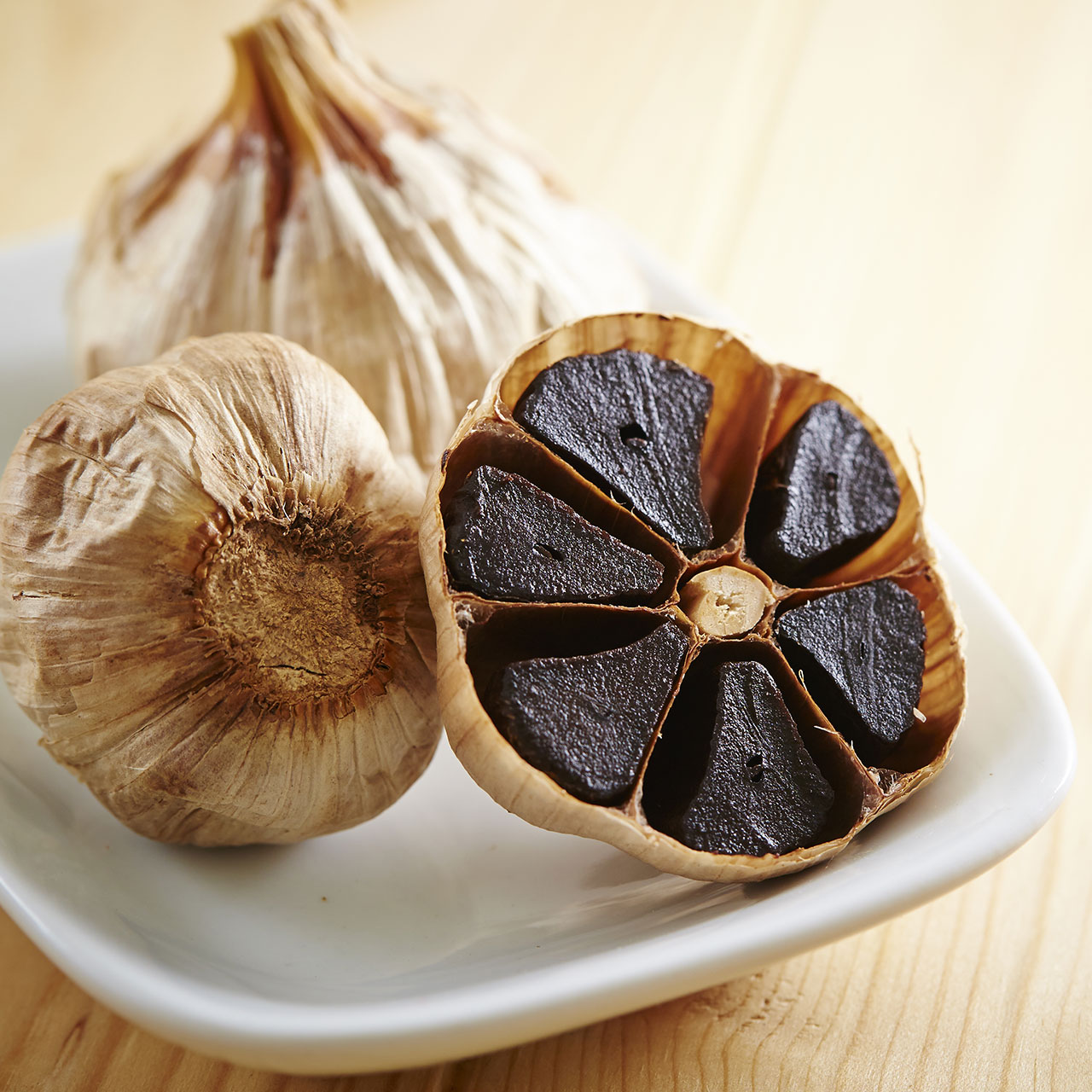Inflammation is a natural and complex biological response that occurs when the body’s immune system reacts to harmful stimuli, such as pathogens, damaged cells, or irritants. While some inflammation is a crucial defense mechanism to protect the body, chronic inflammation can lead to various health issues. One such consequence is the accumulation of excess fat, particularly around the abdominal area.
Gut fat is the fat stored within the abdominal cavity around vital organs like the liver, pancreas, and intestines. Unlike subcutaneous fat (fat stored just beneath the skin), visceral fat is metabolically active and produces inflammatory substances. Certain dietary choices can either promote or mitigate inflammation, and they can also influence the distribution and amount of fat stored in the abdominal area.
There are many foods that can contribute to both inflammation and gut fat, so we spoke to Mary Sabat MS, RDN, LD from BodyDesignsbyMary to find out the five foods you should stay away from to avoid this. Sabat revealed that sweet beverages, refined carbs, trans fats, processed meats, and alcohol are all the foods you should minimize asap.


Sweet Beverages
Consuming excessive sweet beverages has been strongly linked to both inflammation and the accumulation of gut fat. These sugary drinks, often high in added sugars and lacking in essential nutrients, can contribute to a cascade of negative health effects.
"Sugary drinks like soda, fruit juices, energy drinks, and sweetened teas are high in added sugars, which can lead to weight gain and inflammation due to spikes in blood sugar levels," Sabat reveals.
Additionally, the high fructose content in many sweet beverages, such as sodas and fruit juices, can burden the liver, leading to the production of inflammatory molecules and the storage of excess fat, particularly visceral fat, within the abdominal cavity.

Refined Carbs
Refined carbohydrates, often found in processed foods like white bread, sugary snacks, and pastries, have been closely associated with inflammation and the development of gut fat. These carbohydrate sources are rapidly digested and cause rapid spikes in blood sugar levels, leading to a surge in insulin production.
"Foods made with refined grains, such as white bread, white rice, and pastries, can cause inflammation and weight gain as they are rapidly broken down into sugar in the body," Sabat shares.
Opting for whole, unprocessed carbohydrates like whole grains, fruits, and vegetables can help regulate blood sugar levels, reduce inflammation, and contribute to a healthier distribution of body fat.

Processed Meats
Processed meats, such as sausages, bacon, and deli meats, have been implicated in promoting inflammation and contributing to the accumulation of gut fat. These meats often undergo curing, smoking, or other preservation methods that can lead to the formation of harmful compounds.
Sabat states, "Consuming high amounts of red meat and processed meats like sausages and bacon has been linked to inflammation and an increased risk of weight gain."
As a result, reducing the consumption of processed meats in favor of lean, unprocessed protein sources like lean poultry, fish, legumes, and plant-based alternatives can play a pivotal role in reducing inflammation, supporting metabolic health, and minimizing the risk of gut fat accumulation and its associated health complications.

Trans Fats
Trans fats, commonly found in partially hydrogenated oils used in many processed and fried foods, have a detrimental impact on health by promoting inflammation and contributing to the buildup of gut fat.
"Trans fats, often found in fried foods, baked goods, and processed snacks, not only contribute to weight gain but also promote inflammation and increase the risk of heart disease," Sabat notes.
Going for a diet that is devoid of trans fats and rich in healthier fats like unsaturated fats from sources such as nuts, seeds, and fatty fish can aid in reducing inflammation, supporting metabolic health, and minimizing the accumulation of harmful gut fat.

Alcohol
Alcohol consumption has been associated with both inflammation and the potential for gut fat accumulation. While moderate alcohol intake may have certain cardiovascular benefits, excessive or chronic consumption can lead to adverse effects on health.
Sabat highlights that excessive alcohol consumption can result in weight gain due to its high calorie content, and it additionally fosters inflammation while influencing the body's metabolic processes.
To minimize the risk of inflammation and gut fat accumulation, it is advisable to consume alcohol in moderation and make mindful dietary choices that prioritize whole, nutrient-dense foods.


























